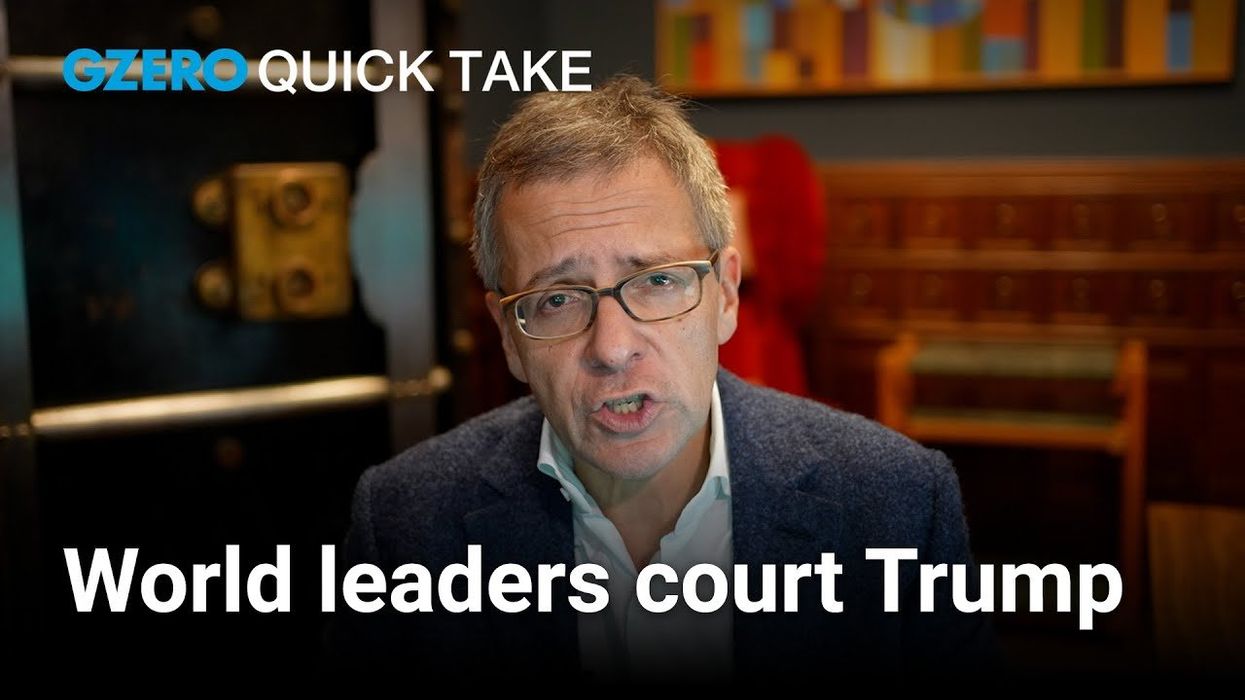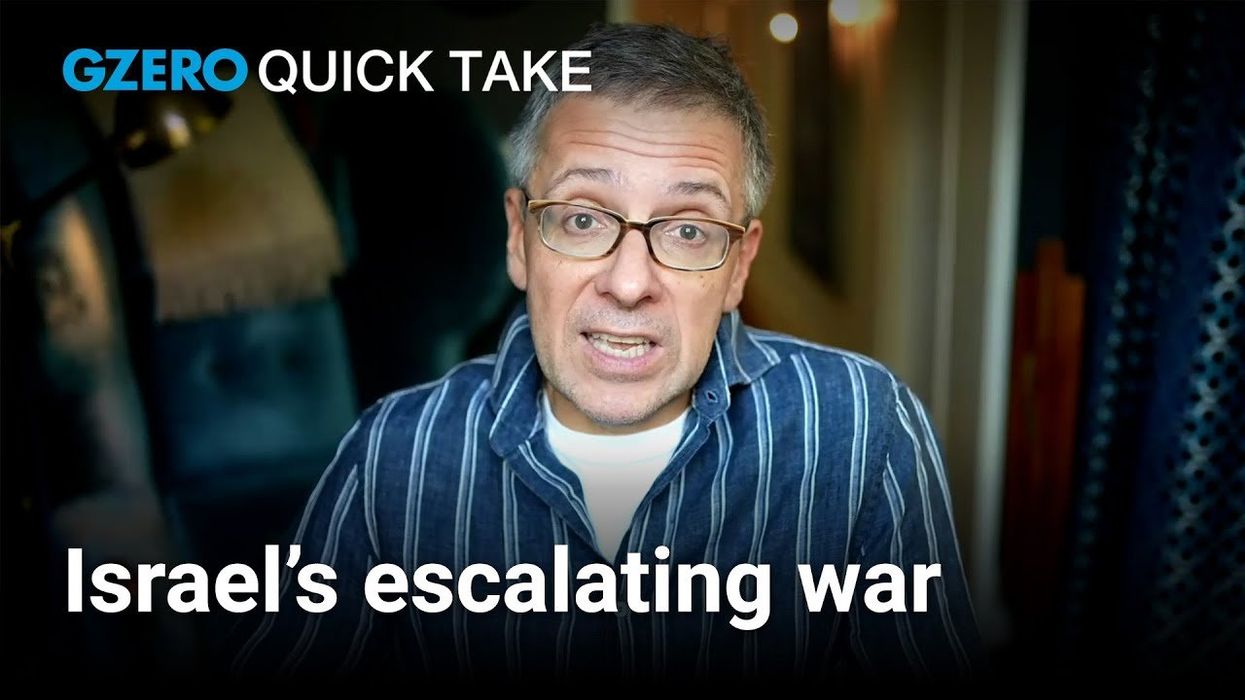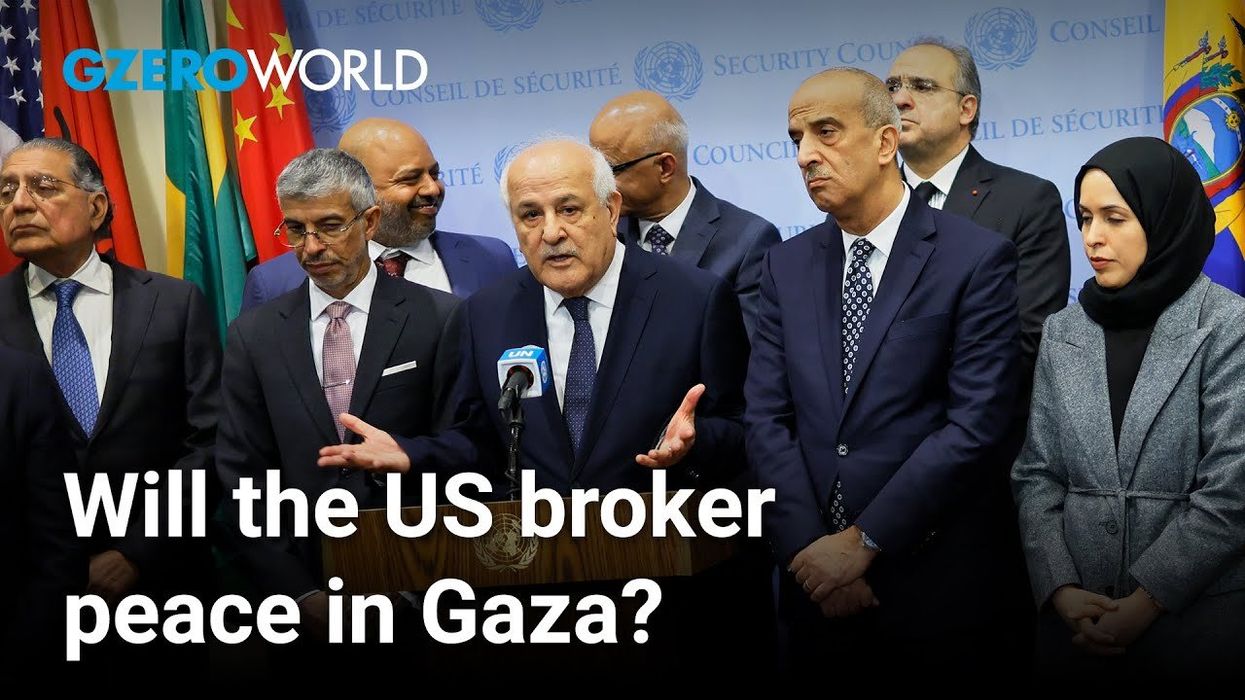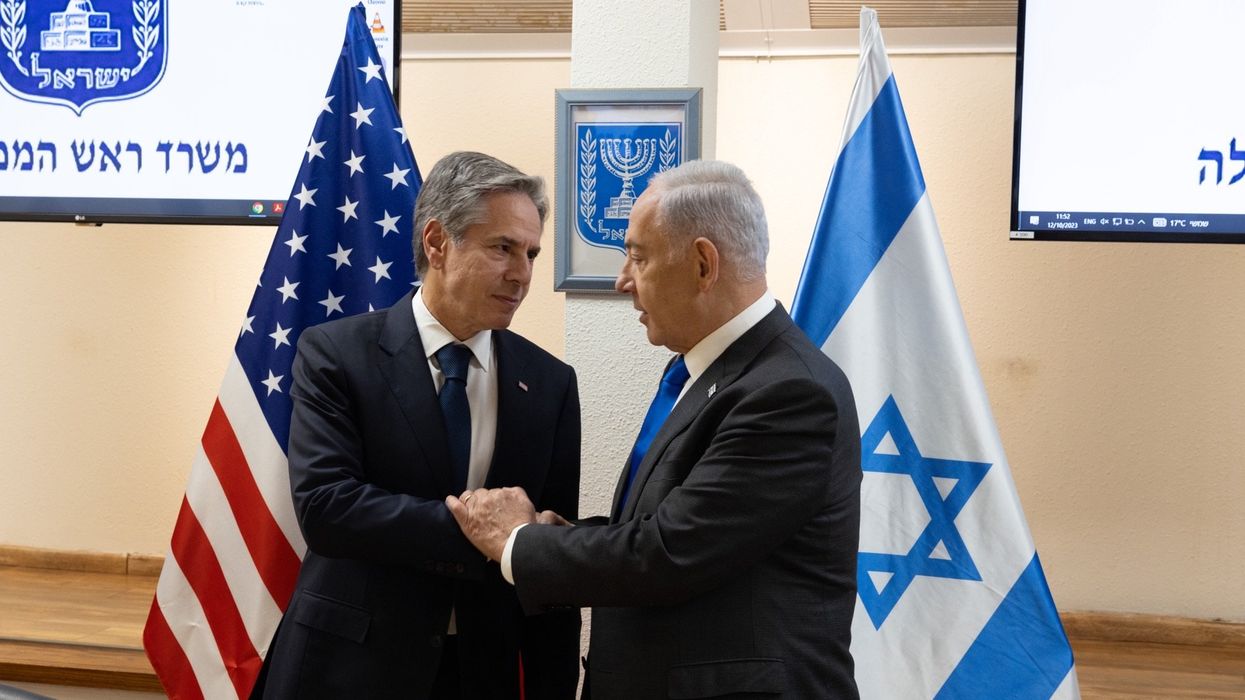ask ian
US travel warnings issued by its closest allies
Why are some countries issuing travel advisories for visiting the United States? How are the political tensions in Netanyahu's government impacting the war with Hamas? Will public outcry over the arrest of Istanbul's mayor lead to major political reforms or shifts within the Turkish government? Ian Bremmer shares his insights on global politics this week on World In :60.
Mar 25, 2025





